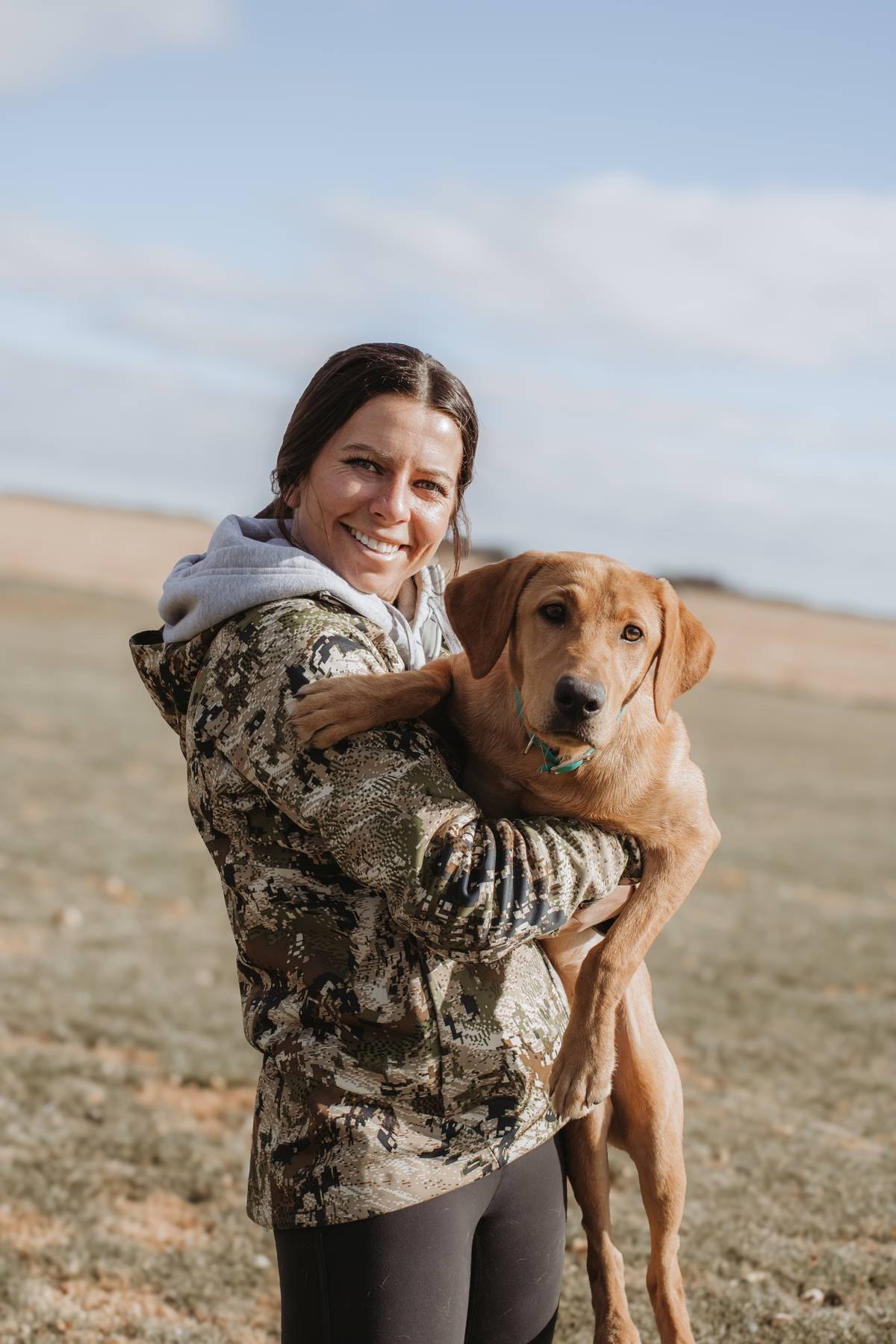Tail-Wagging Training: Building a Lifelong Bond with Your Furry Friend
Training your dog is more than a series of commands—it's a journey of mutual understanding, trust, and companionship. Whether you're preparing a future hunting dog or a beloved family pet, the right training approach can transform your relationship from simple ownership to a deep, meaningful connection.
The Science of Canine Learning
Dogs are intelligent, emotional creatures who learn best through positive reinforcement and consistent, patient guidance. Understanding their psychology is the first step to effective training. Unlike traditional disciplinary methods, modern training focuses on building confidence, creating positive associations, and making learning an enjoyable experience for both dog and owner.
Foundations of Effective Training
Keeping Training Exciting and Purposeful: For puppies, especially those destined for specialized roles like hunting, training must be carefully crafted to maintain interest and prevent burnout:
Use a variety of training objects: bird wings, training bumpers, soft toys
Keep retrieval exercises short and engaging
Vary the distance and difficulty of retrieves
Watch for signs of fatigue or disinterest and end on a positive note
Celebrate small victories to maintain motivation
Seamless Training Integration: The most successful dog training doesn't happen in isolated sessions, but becomes a natural part of daily life:
Practice "place" command during household activities
Use meal times, walks, and everyday interactions as training opportunities
Reinforce basic obedience in low-stress environments
Create consistent expectations across all family members
Mastering Crate Training Through Positive Reinforcement: Crate training often intimidates new dog owners, but with the right approach, it becomes a valuable tool for both training and comfort:
Transform the crate into a positive space
Feed meals inside the crate
Randomly toss high-value treats when the dog enters
Never use the crate as punishment
Gradually increase crate time, always associating it with rewards
The Emotional Connection: Understanding Canine Communication Dogs are emotional sponges, incredibly attuned to human energy and emotional states:
Maintain a calm, confident demeanor during training
Learn to read your dog's body language
Understand stress signals and adjust training accordingly
Build trust through consistent, predictable interactions
Recognize that confidence is a two-way street
Advanced Training Considerations
While basic obedience is crucial, advanced training requires nuanced understanding:
Different breeds have different learning styles
Individual personality matters as much as breed characteristics
Professional guidance can help address specific training challenges
Continuous learning is key for both dog and owner
The Hunting Dog Perspective
For those training hunting dogs, additional considerations come into play:
Early socialization with hunting environments
Gradual exposure to hunting-specific stimuli
Building prey drive while maintaining control
Developing reliable recall and focus in distracting environments
Common Training Pitfalls to Avoid
Inconsistent command usage
Emotional training (training when frustrated)
Expecting too much too quickly
Neglecting ongoing reinforcement
Training is a relationship, not a task. It's about communication, trust, and mutual respect. When you approach training as a journey of connection, both you and your furry companion will reap lifelong rewards.
Ready to strengthen the bond with your furry friend? Discover expert tips and proven strategies to make training effective and enjoyable for both you and your dog. Contact Wild Acre Kennels today to learn more or book a training session!


